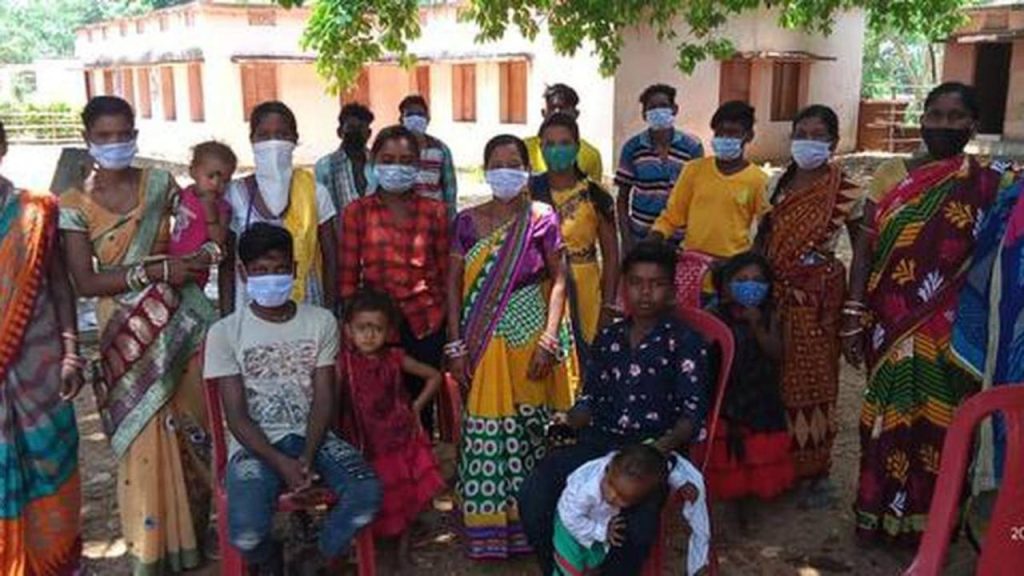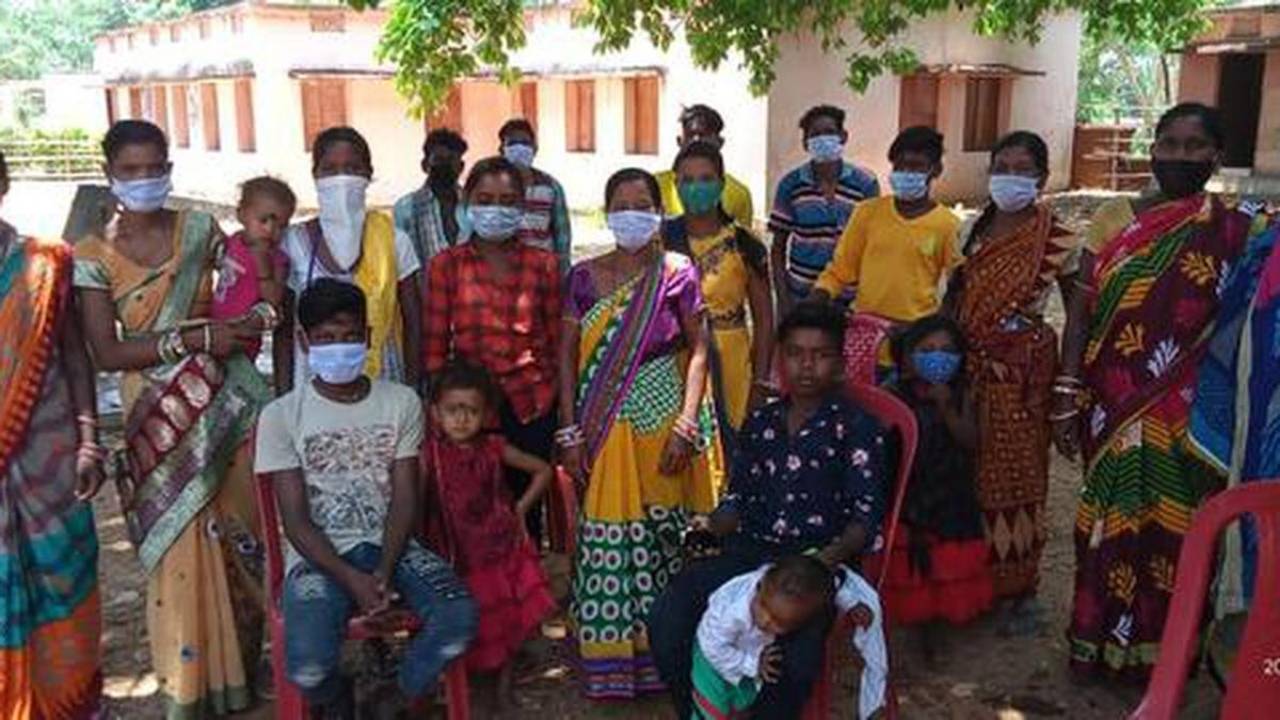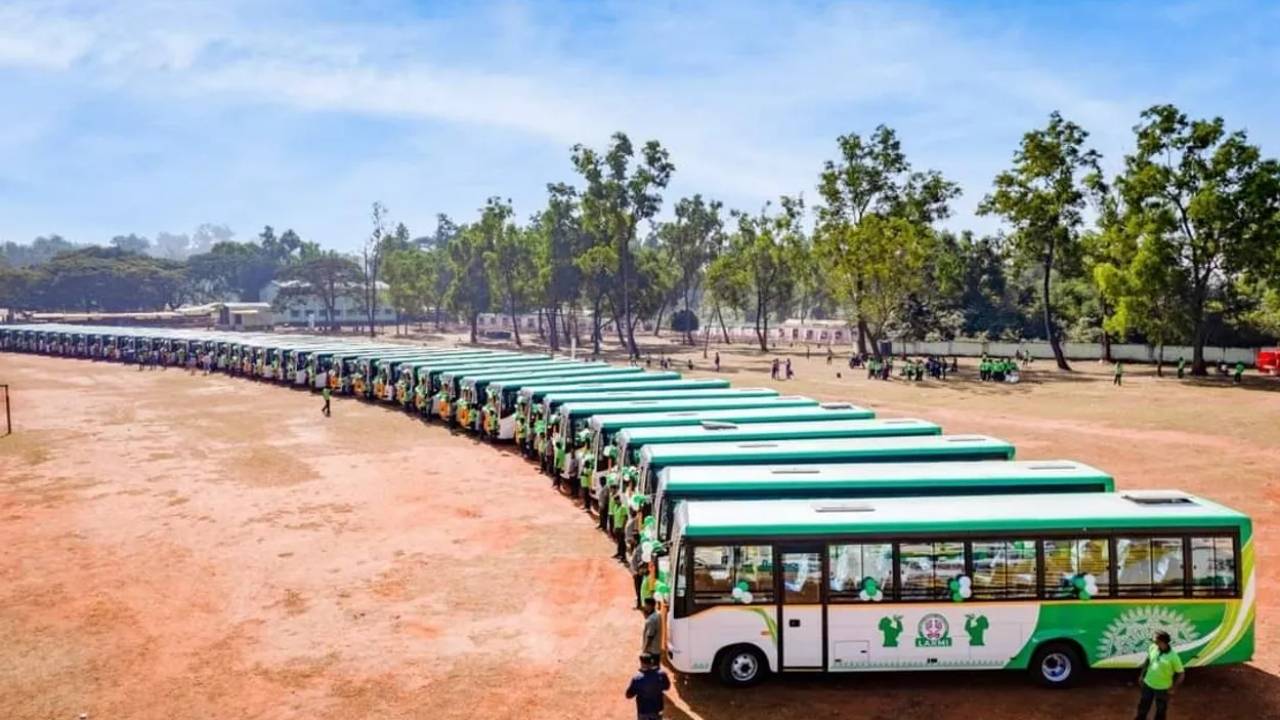In a controversial move that has triggered political and social tensions, over 200 Bengali-speaking migrant workers from West Bengal were detained by authorities in Odisha. The incident has sparked widespread debate, with political parties and local communities raising concerns over the legality of the detentions. The Trinamool Congress (TMC), the ruling party in West Bengal, has accused the BJP-led Odisha government of illegally detaining these workers, labeling them as “Bangladeshis” despite having valid Indian identification documents. This article will break down the situation, explore the legal implications, and offer insight into the broader inter-state migration issues that fuel this dispute.

Odisha Detains Over 200 Bengali Migrant Workers
| Key Points | Details |
|---|---|
| Incident Overview | Over 200 Bengali migrant workers detained in Odisha. |
| Political Response | TMC accuses Odisha government of targeting Bengali workers. |
| Legal Documents | Detained workers held despite having Aadhaar and Voter ID cards. |
| Official Explanation | Odisha police call detentions a routine verification for illegal immigrants. |
| Legal Actions | Calcutta High Court to hear petitions regarding illegal detention. |
| Government’s Stand | Odisha government claims detentions are necessary for national security. |
The detention of Bengali migrant workers in Odisha has highlighted complex issues surrounding inter-state migration, citizenship, and labor rights in India. The legalities of such detentions remain under scrutiny, especially as the TMC claims the workers were unfairly targeted due to their Bengali-speaking background. As this situation unfolds in the courts, it offers a critical moment to reflect on the challenges faced by migrant workers in India, and how legal protections and national policies must evolve to protect their rights.
What Happened in Odisha?
In the early days of July 2025, news broke that the Odisha police had detained over 200 migrant workers from West Bengal in the state’s Jharsuguda and Brajrajnagar districts. These workers, most of whom were employed in construction and other manual labor jobs, were reportedly questioned under the suspicion of being illegal immigrants. While many of them had valid Indian identification documents, such as Aadhaar cards and voter ID cards, they were still held for further scrutiny.
The detentions quickly became a hot topic in political circles, with the Trinamool Congress (TMC)—which governs West Bengal—accusing the BJP-led government of targeting Bengali-speaking individuals for political reasons. The TMC went as far as calling the detentions “illegal” and “discriminatory”, saying it was an attempt to paint the workers as “Bangladeshis”, a claim that stirred tensions between the two states.
Meanwhile, the Odisha police defended the move, stating that the detentions were part of a routine verification process aimed at identifying unauthorized immigrants. According to authorities, the process was being conducted to ensure national security and to prevent the entry of illegal immigrants into the country.
Legal and Political Fallout
The detentions have raised significant legal and constitutional concerns, especially about individual rights and citizenship. The most pressing issue is whether the workers’ rights to freedom and movement were violated, especially when they were detained despite having proper documents that prove their Indian citizenship.
According to the TMC, many of the detained individuals possess Aadhaar and voter ID cards, which are considered official documents that establish Indian citizenship. The fact that they were still detained has led to claims of discrimination based on their Bengali-speaking identity. The TMC has also argued that these actions could have been politically motivated to target Bengali communities, suggesting that the workers’ language was the only reason they were treated differently.
On the other hand, the Odisha police maintain that their actions were routine and in line with government protocols aimed at preventing illegal immigration. The police have made it clear that they were not targeting any specific community, but were instead focusing on verifying the citizenship status of workers from neighboring states, including Bengal. In the official statement, they emphasized that the verification process is necessary for national security and public safety, particularly in areas where there has been a history of immigration disputes.
This clash of perspectives has led to a growing political conflict, with the West Bengal government pushing for a legal resolution. The Calcutta High Court has now intervened and will hear habeas corpus petitions regarding the illegal detention of some of the workers. The outcome of the case could set an important legal precedent for similar cases in the future.
Broader Context: Inter-State Migration in India
This incident highlights a long-standing issue in India: inter-state migration. Migrants from states like Bengal, Bihar, and Uttar Pradesh often travel to neighboring states in search of better job opportunities. These migrant workers contribute significantly to the economies of the regions they work in, yet they often face challenges related to their citizenship status and legal rights.
In many cases, migrant workers have to deal with local bureaucratic hurdles, including challenges in registering their identification documents. This can lead to uncertainty about their legal status, which can be exploited by authorities in states that view them as outsiders. For example, in Odisha, Bengali-speaking migrants have sometimes been unfairly accused of being Bangladeshi immigrants due to their accent and language.
This situation is further complicated by the political dynamics between Bengal and Odisha. Both states have a history of rivalry, and these tensions often spill over into issues like migration and labor rights. In this particular case, the TMC’s accusations of illegal detention have added a political dimension to an already complicated issue.
What You Can Do if You Are a Migrant Worker in a Similar Situation
For migrant workers facing scrutiny in a state where they do not have local residency, it’s essential to understand your legal rights. Here’s a step-by-step guide on what to do if you find yourself in a similar situation:
1. Know Your Rights
- Indian citizens are entitled to work and live in any part of India, as per Article 19 of the Indian Constitution, which guarantees the right to freedom of movement. Ensure you have valid documents, such as Aadhaar, voter ID, and passport, to prove your citizenship.
2. Carry Proof of Employment
- It’s important to carry your work contract or other documents that show your employment. This will help validate that you are in the state legally for work purposes.
3. Understand the Detention Process
- If detained, ask to speak with a lawyer. You have the right to legal representation and to challenge unlawful detention in court.
4. File a Petition
- In case of illegal detention, you can file a habeas corpus petition in the nearest high court. This legal process allows you to challenge the detention and seek your release.
5. Contact Local Authorities
- If possible, reach out to the district administration or migrant worker organizations for assistance. They can provide support and help you navigate the situation.
FAQs
1. Why are migrant workers being detained in Odisha?
- The Odisha police claim that the detentions are part of a routine verification process aimed at identifying illegal immigrants. Workers are held temporarily for further scrutiny if their documents cannot be verified immediately.
2. Is it illegal to detain migrant workers in India?
- Detaining a person without cause or legal authority is a violation of their rights. However, if the authorities follow the proper legal procedures, detentions for immigration checks may be lawful.
3. How can I prove I am an Indian citizen?
- If you are an Indian citizen, you can provide Aadhaar, voter ID, or passport as proof of your citizenship.
4. What legal actions can I take if I’m detained unfairly?
- You can file a habeas corpus petition in court or seek help from legal aid organizations to challenge the detention.
5. What role does politics play in this issue?
- Politics often complicates issues like these, especially when inter-state migration is involved. Political parties may use such incidents to rally support, and there can be accusations of discrimination or targeting based on ethnicity and language.





